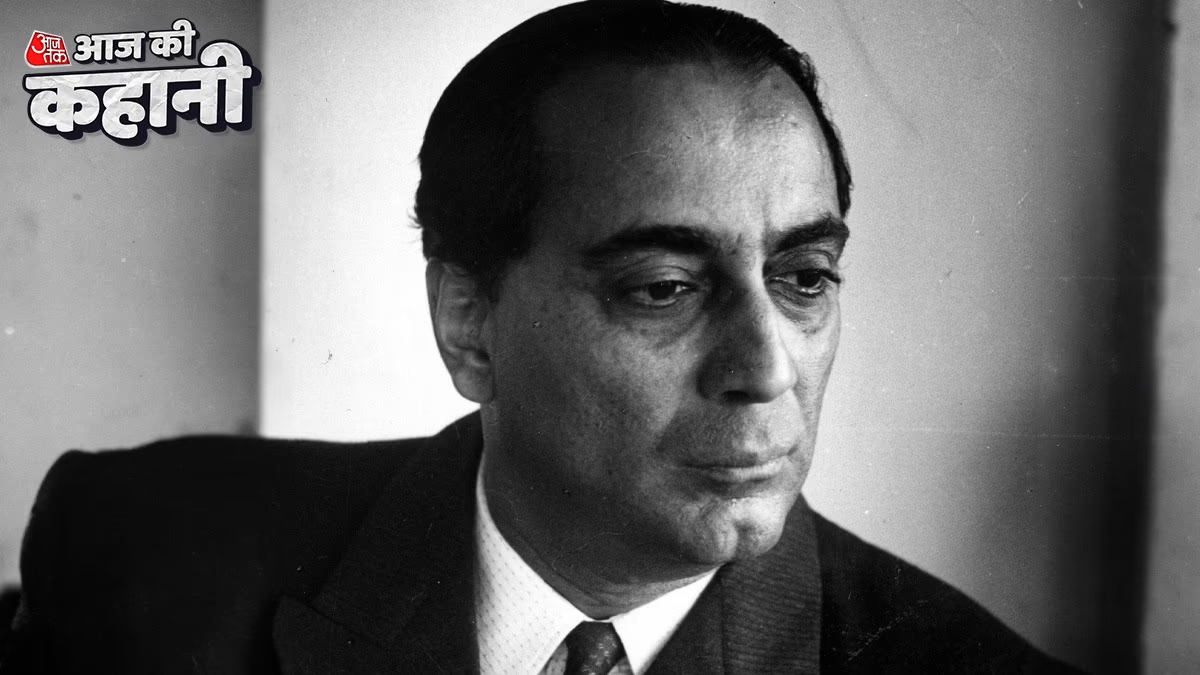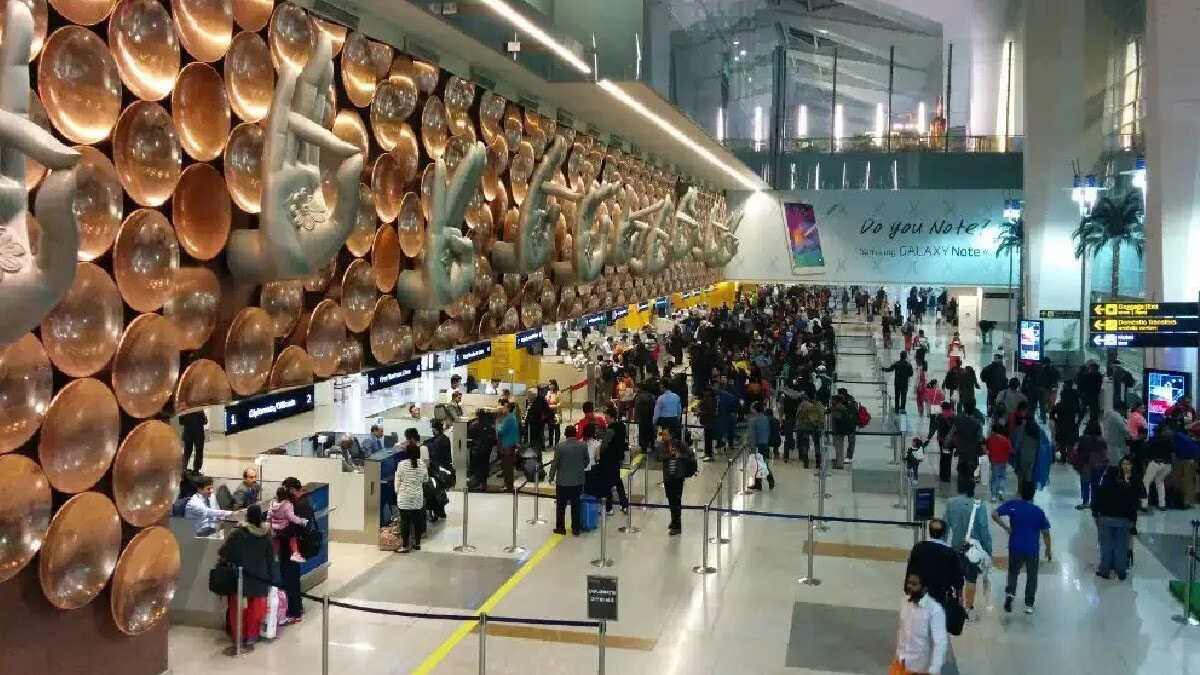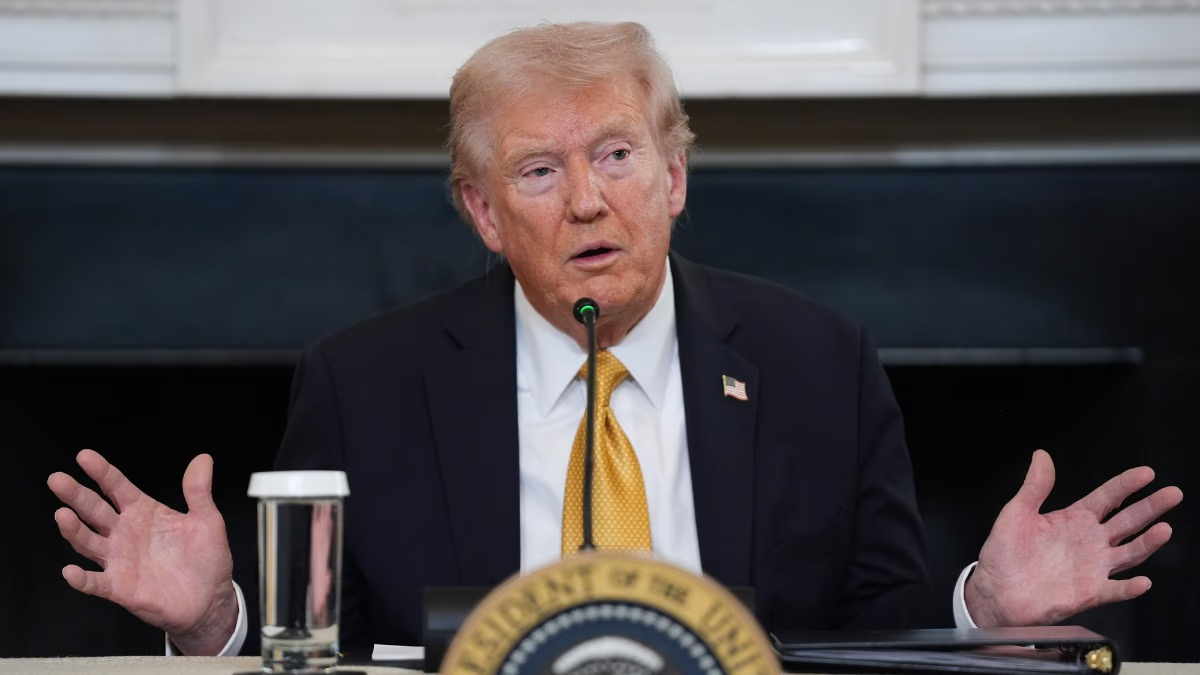Homi Jehangir Bhabha: The Visionary Behind India's Nuclear Power
October 30, 1909, marks the birth of Homi Jehangir Bhabha, renowned as the father of India’s nuclear program. Born in Mumbai to a Parsi family, Bhabha set his sights on revolutionizing India's prowess in nuclear energy. In 1927, at just 18, Bhabha traveled to Cambridge University to pursue mechanical engineering, as per his father’s wishes. Yet, it was nuclear physics that captivated his heart, a burgeoning field at Cambridge at the time.
Bhabha envisioned a nuclear-powered India, fervently aspiring for self-reliance through advancements in nuclear energy. Thanks to his groundbreaking experiments and relentless commitment, India rose to prominence as one of the major nuclear powers worldwide.
A Passion for Nuclear Physics
Bhabha’s deep-seated love for physics drove him to complete his degree in the field, culminating in a doctorate in nuclear physics. While in Europe, he mingled with some of the era's greatest physicists, including Niels Bohr, James Franck, and Enrico Fermi, who later played pivotal roles in the USA-Britain wartime atomic weapons programs. Bhabha himself earned immense respect within the international physics community, his name etched in history through the Bhabha scattering phenomenon.
Launching the Indian Nuclear Energy Program
Informed by fission discoveries during his overseas stay, Bhabha returned to India in 1939. By April 1948, Prime Minister Jawaharlal Nehru, acceding to Bhabha's request, enacted the Atomic Energy Act in the Constituent Assembly, paving the way for the creation of the Indian Atomic Energy Commission (IAEC).
In 1945, Bhabha founded the Tata Institute of Fundamental Research (TIFR) and led the Trombay Atomic Energy Establishment, later renamed the Bhabha Atomic Research Centre in his honor by Prime Minister Indira Gandhi.
Read more about notable physicists
Tragic End in a Plane Crash
On January 24, 1966, Homi Bhabha’s life was cut short in a tragic Air India Flight 101 crash. Miscommunication between the Geneva Airport and the flight’s pilot near Mont Blanc led to the disaster.
Significant Historical Events of October 30
- 1905: Tsar Nicholas II approved Russia’s first constitution.
- 1922: Benito Mussolini became the youngest Prime Minister in Italy's history.
- 1961: Joseph Stalin’s remains were moved from Lenin's mausoleum in Moscow’s Red Square to a grave near the Kremlin Wall.
- 1973: The Bosporus Bridge in Istanbul, Turkey, connecting Europe and Asia, was completed.
- 2008: Bomb blasts in Assam’s capital, Guwahati, and 13 other locations claimed over 66 lives.




